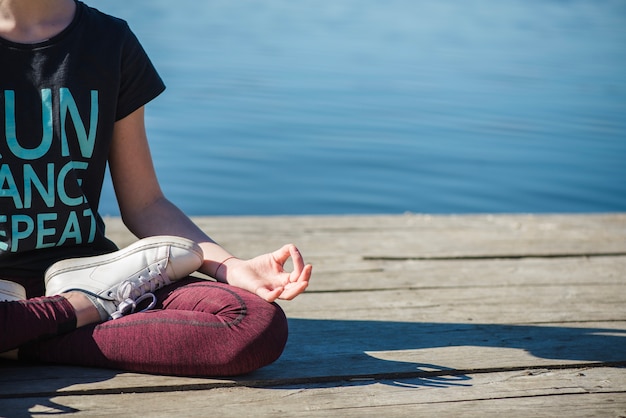In today’s fast-paced world, stress is almost unavoidable—especially if you're a weekend warrior juggling a full-time job, family responsibilities, and personal goals. But chronic stress doesn’t have to be your default setting. With just seven days of intentional, evidence-based actions, you can reset your nervous system, improve mental clarity, and build lasting resilience.
Weekend warriors—those who pack fitness, social life, and personal projects into two days—often face a unique stress pattern: high weekday pressure followed by intense weekend activity. This rollercoaster can spike cortisol levels and leave you feeling drained. This 7-day plan is designed to break that cycle with daily micro-habits backed by science.

Stress triggers shallow, rapid breathing. On Day 1, retrain your breath. Practice diaphragmatic breathing: inhale deeply through your nose for 4 seconds, hold for 4, exhale slowly for 6. Repeat for 5 minutes.
🔬 Science Insight: Controlled breathing activates the parasympathetic nervous system, reducing heart rate and cortisol (source: Harvard Medical School).
Progress Check: Rate your stress on a 1–10 scale before and after. Aim for at least a 2-point drop.
Exercise is a proven stress reliever. But for weekend warriors, overdoing it can backfire. Instead, aim for 30 minutes of moderate activity—brisk walking, cycling, or bodyweight exercises.
🔬 Science Insight: Physical activity increases endorphins and reduces stress hormones. Even light exercise improves mood and sleep (source: Mayo Clinic).
Progress Check: Note improvements in energy and mood. Did you sleep better?

Constant notifications keep your brain in fight-or-flight mode. Dedicate one hour—preferably before bed—to a screen-free zone.
Try reading, journaling, or light stretching. Avoid work emails and social media.
🔬 Science Insight: Blue light from screens suppresses melatonin, disrupting sleep and increasing stress (source: National Sleep Foundation).
Progress Check: Did you fall asleep faster? Did you feel calmer in the evening?
Mindfulness doesn’t require meditation apps or hours of silence. Simply focus on one routine activity—like drinking tea or washing dishes—without distraction.
🔬 Science Insight: Mindfulness reduces activity in the amygdala, the brain’s fear center, lowering emotional reactivity (source: Journal of the American Medical Association).
Progress Check: Did you notice fewer reactive thoughts? Were you more present?
Stress often stems from how we interpret events. Challenge one negative thought today. For example, replace “I’m overwhelmed” with “I’m handling this one step at a time.”
🔬 Science Insight: Cognitive restructuring, a core technique in CBT, reduces anxiety and improves emotional regulation (source: Beck Institute).
Progress Check: Did the reframe reduce your emotional intensity? Track shifts in mindset.

Social support is a powerful stress buffer. Reach out to a friend or family member—not just to chat, but to share how you’re feeling.
🔬 Science Insight: Positive social interactions increase oxytocin, which reduces cortisol and promotes calm (source: Proceedings of the National Academy of Sciences).
Progress Check: Did the conversation leave you feeling lighter or more supported?
Spend 15 minutes reviewing your week. What worked? What felt challenging? Journal your insights and plan to repeat one habit next week.
🔬 Science Insight: Reflective journaling enhances self-awareness and emotional processing, reducing perceived stress (source: University of Rochester Medical Center).
Progress Check: Compare your Day 1 and Day 7 stress levels. Celebrate progress, no matter how small.
Stress isn’t something to eliminate completely—it’s a natural response. But by building small, sustainable habits, you can shift from reactive to resilient. This 7-day plan isn’t about perfection; it’s about progress. For weekend warriors, consistency beats intensity. Start small, stay consistent, and let science guide your way.
Remember: even 5 minutes a day can make a difference. Your mental well-being is worth the investment.

Wellness

Wellness

Wellness

Wellness

Wellness

Wellness

Health

Health

Wellness

Fitness

Wellness

Wellness

Health

Fitness

Health

Health